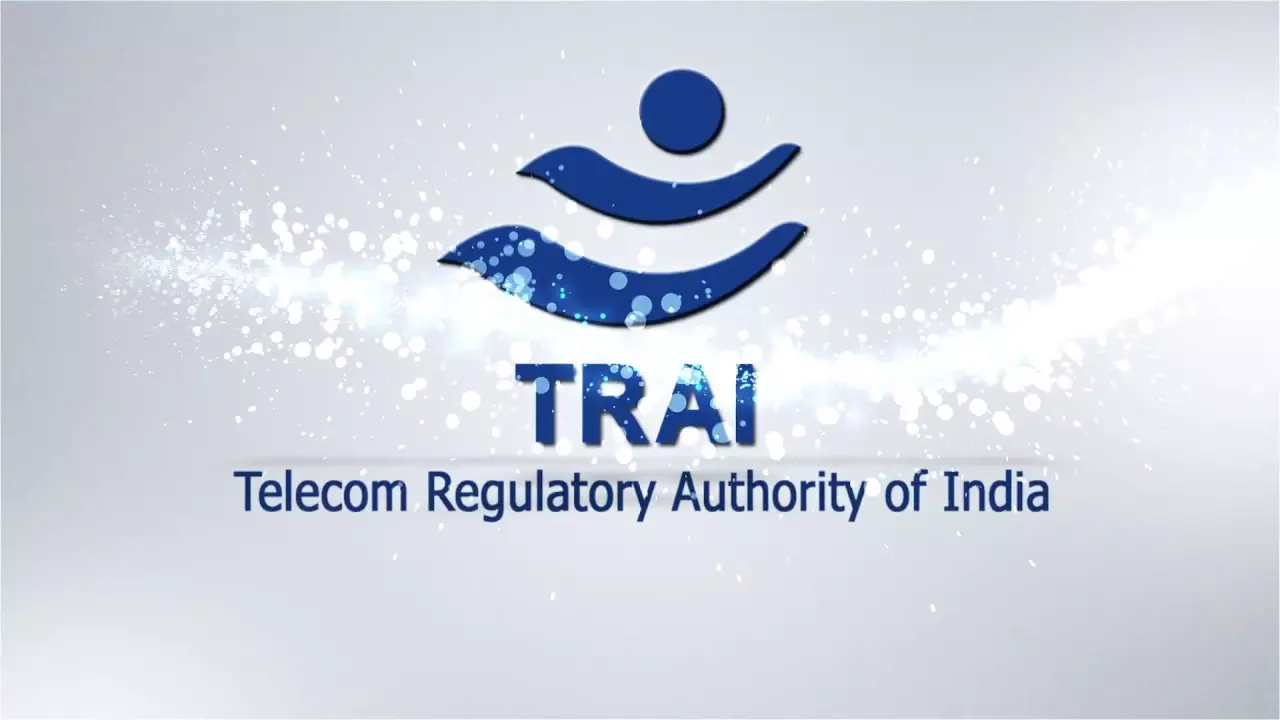Ensuring SMS traceability for secure messaging: TRAI
Has introduced a blockchain-based traceability framework for all commercial SMS, requiring businesses and telemarketers to register their message transmission paths. This initiative enhances security, reduces spam, and ensures uninterrupted services
image for illustrative purpose

New Delhi: A framework to ensure the traceability of all commercial SMS has been achieved which is a major step towards creating a safer and spam-free messaging ecosystem, the Telecom Regulatory Authority of India (TRAI) said on Thursday.
Under this framework, all principal entities (PEs) such as businesses, banks, and government agencies along with their telemarketers (TMs), were required to declare and register their message transmission paths through blockchain-based Distributed Ledger Technology (DLT).
This chain declaration and binding process ensures end-to-end traceability of every message, from its origin to its delivery, without compromising data security or delays in SMS delivery, said TRAI. To operationalise this, TRAI issued a directive on August 20, 2024 mandating the traceability of all commercial messages starting November 1 2024.
Recognising the scale of the activities involved in implementation, TRAI extended the compliance deadlines first to November 30 and later to December 10 to enable the smooth onboarding of approximately 1.13 lakh active PEs across diverse sectors such as banking, insurance, healthcare, and real estate.
TRAI adopted a collaborative approach by engaging with key sectoral regulators like RBI, SEBI, IRDAI, PFRDA, and government agencies such as NIC, CDAC, and state governments to promote awareness and accelerate declaration and binding efforts.
Access providers also played a crucial role in supporting PEs and TMs through targeted outreach campaigns and technical guidance for seamless integration into the DLT system.
To minimise disruptions, TRAI introduced an innovative implementation strategy during the initial enforcement period. While the chain binding regulations were technically enforced, messages sent through undeclared paths were temporarily allowed but flagged with error codes.
These error codes were shared with the concerned PEs to enable corrective actions without disrupting critical messages like OTPs or other time-sensitive communications. This consumer-centric approach ensured uninterrupted messaging services while maintaining regulatory compliance.
As a result of these coordinated efforts led by TRAI, all major PEs have now registered their message transmission chains with Access Providers. Effective December 11, SMS traffic sent through unregistered paths is being rejected, marking the culmination of this massive exercise.
The traceability initiative complements other anti-spam measures introduced by TRAI, such as the disconnection of all telecom resources used by spammers, URL whitelisting in SMS, and the migration of 140-series telemarketers to DLT platforms.

